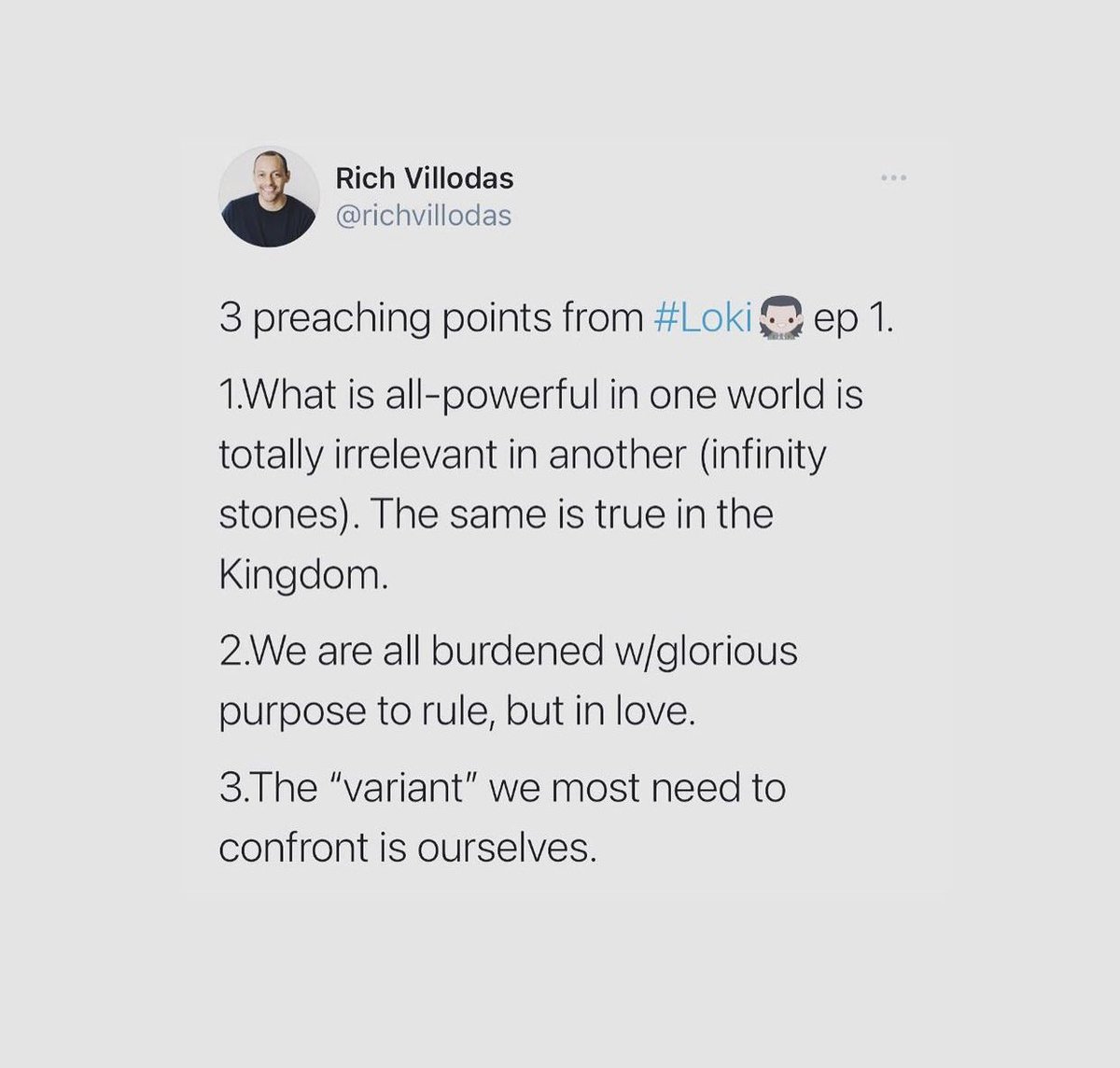
Labor Day is a good time to sharpen our theology of work. Some introductory reflections:
• Scripture reveals God “at work.”
• Work is introduced prior to Sin, not after.
• We are called by God to labor, not just for a paycheck, but to make something beautiful of the world.
• Scripture reveals God “at work.”
• Work is introduced prior to Sin, not after.
• We are called by God to labor, not just for a paycheck, but to make something beautiful of the world.
• The call to labor is not to be demonized. Neither is it to be divinized. It’s not to be a necessary evil, or an idol.
• Our labor is one of the ways we image God. We are called to create, not be reduced to consuming.
• Our labor is one of the ways we image God. We are called to create, not be reduced to consuming.
• The best work we do is fueled by patient nurture, not quick efficiency.
• We put a boundary on work by keeping Sabbath. We rest from our work, in order to work from a place of rest.
• We put a boundary on work by keeping Sabbath. We rest from our work, in order to work from a place of rest.
• A healthy theology of work is a critique to the dehumanizing tendency of the powers (employers, corporations, NPOs, etc), to see employees as cogs in their machine.
• One of the ways that labor is dignified is found in laborers receiving a living wage.
• One of the ways that labor is dignified is found in laborers receiving a living wage.
• In the age to come, we won’t be in the clouds singing, we will be in the new heavens and earth, worshiping and co-laboring with God in the ongoing act of creating beauty.
• The futility we experience with work, and the injustice we witness will one day make way for a new reality, marked by a fullness of joy and the making of everything right.
• The Holy Spirit wants to empower us to become signs of that future reality, today.
End.
• The Holy Spirit wants to empower us to become signs of that future reality, today.
End.
• • •
Missing some Tweet in this thread? You can try to
force a refresh









